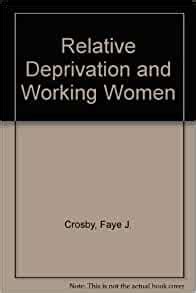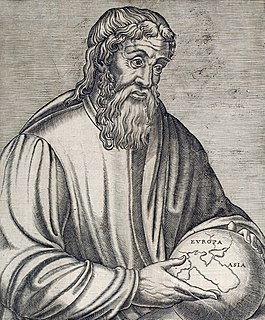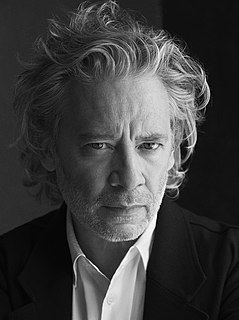A Quote by Kristin Cashore
And the kings were no better to their own people than they were to each others.
Related Quotes
When men and women across the country reported how happy they felt, researchers found that jugglers were happier than others. By and large, the more roles, the greater the happiness. Parents were happier than nonparents, and workers were happier than nonworkers. Married people were much happier than unmarried people. Married people were generally at the top of the emotional totem pole.
Three classes inhabited the city (Alexandria in Egypt): first the Aegyptian or native stock of people, who were quick-tempered and not inclined to civil life; and secondly the mercenary class, who were severe and numerous and intractable...; and, third, the tribe of the Alexandrians, who also were not distinctly inclined to civil life, and for the same reasons, but still they were better than those others, for even though they were a mixed people, still they were Greeks by origin and mindful of the customs common to the Greeks.
They were offered the choice between becoming kings or the couriers of kings. The way children would, they all wanted to be couriers. Therefore there are only couriers who hurry about the world, shouting to each other - since there are no kings - messages that have become meaningless. They would like to put an end to this miserable life of theirs but they dare not because of their oaths of service.
A lot of my friends were mostly working in black-and-white-people like Lee Friedlander, Diane Arbus, Garry Winogrand, and others. We would exchange prints with each other, and they were always very supportive of what I was doing. What each of us was doing photographically was entirely different, but we were basically coming from the same place, sort of like a club.
The theater troubled her. It had a magic of its own, one that didn’t belong to her, one that wasn’t in her control. It changed the world, and said things were otherwise than they were. And it was worse than that. It was magic that didn’t belong to magical people. It was commanded by ordinary people, who didn’t know the rules. They altered the world because it sounded better.
Commonplace people have an answer for everything and nothing ever surprises them. They try to look as though they knew what you were about to say better than you did yourself, and when it is their turn to speak, they repeat with great assurance something that they have heard other people say, as though it were their own invention.
But even if we were to disappear, people would still be divided into people and Others. No matter how those Others were different.People can't get by without Others. Put two people on an uninhabited island, and you'll have a human being and an Other. And the difference is that an Other is always tormented by his differentness. It's easier for people. They know they're people, and that's what they ought to be. And they all have no choice but to be that way. All of them, forever.






































